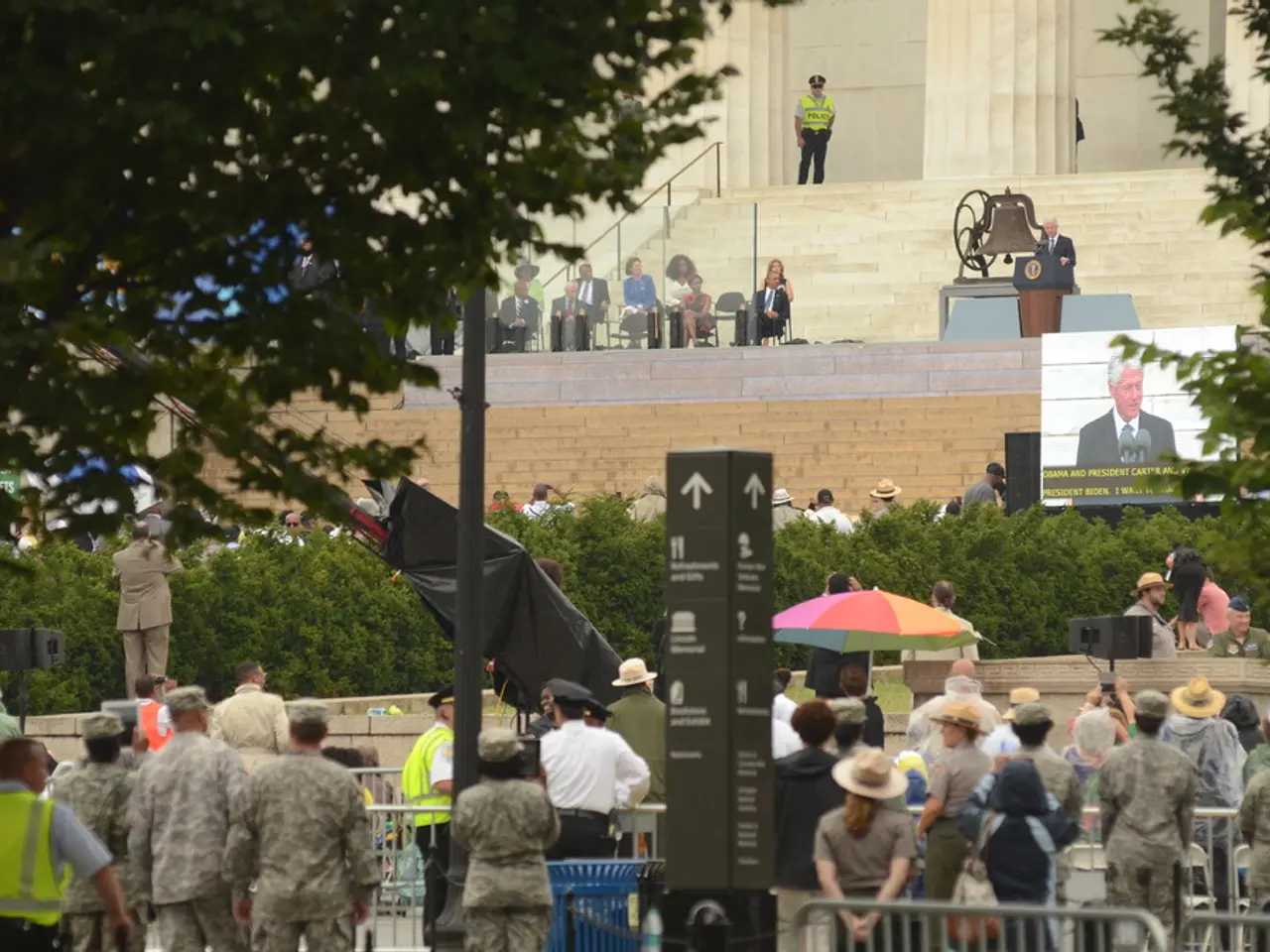Defense Department's independent testing office removes almost 100 initiatives from surveillance scope
In a move that has raised eyebrows in the defense community, Defense Secretary Pete Hegseth has reduced the staff of the Department of Defense's Operational Test and Evaluation (DOT&E) office. The changes, estimated to save the Defense Department over $300 million annually, have been met with concern by many, including Greg Williams, director of the Center for Defense Information at the Project On Government Oversight.
The DOT&E office plays a crucial role in ensuring the readiness of weapons systems for combat. It oversees three types of testing - developmental, operational, and live fire - and approves the test and evaluation master plan, which outlines testing procedures. Removing a program from DOT&E's oversight list does not necessarily mean that testing will change, but it means that DOT&E no longer has the ability to assess whether services have planned and executed adequate tests.
This year, the Pentagon's weapons testing office is overseeing 152 programs, a decrease from 251 programs last year. The office's staff has been reduced from 94 employees to 30 civilians, 15 military personnel, and one senior leader. Critics warn that this reduction could lead to fielding faulty weapons, potentially putting troops' lives in danger.
The decision to slash the office's staff and budget has been particularly concerning for those familiar with the history of the M16 rifle. The M16's combat failures led to the creation of DOT&E, and the Army's new XM7 rifle shares similarities with the M16. The XM7 rifle requires both developmental and operational testing to ensure it is ready for combat.
Rep. Donald Norcross has introduced an amendment into the House's version of the 2026 defense policy bill to expand DOT&E's authority and resources. The amendment aims to address the concerns raised by the reduction in staff and budget.
In July, Sen. Elizabeth Warren pressed Amy Henninger, President Donald Trump's pick to lead the independent weapons testing office, on whether she would continue the practice of honoring congressional requests to add programs to the office's oversight list. Henninger stated she would analyze what should be on the oversight list. Greg Williams, director of the Center for Defense Information at the Project On Government Oversight, expressed concern over Henninger’s response and suggested that she should honor Congressional requests for oversight of specific programs.
Anastasia Obis can be contacted about recent changes in the federal government via email at anastasia.obis@our website or on Signal at (301) 830-2747.








